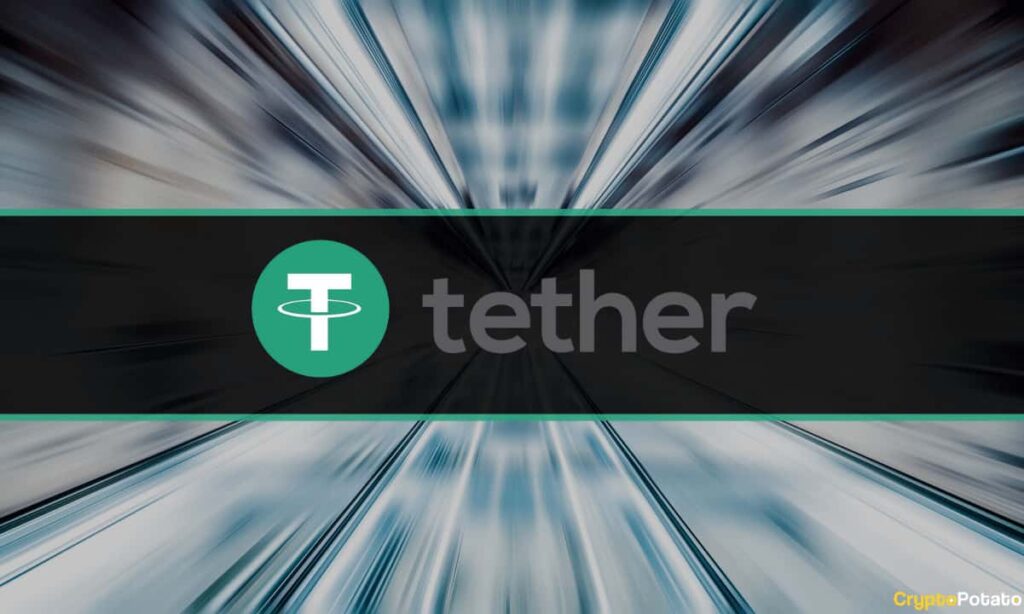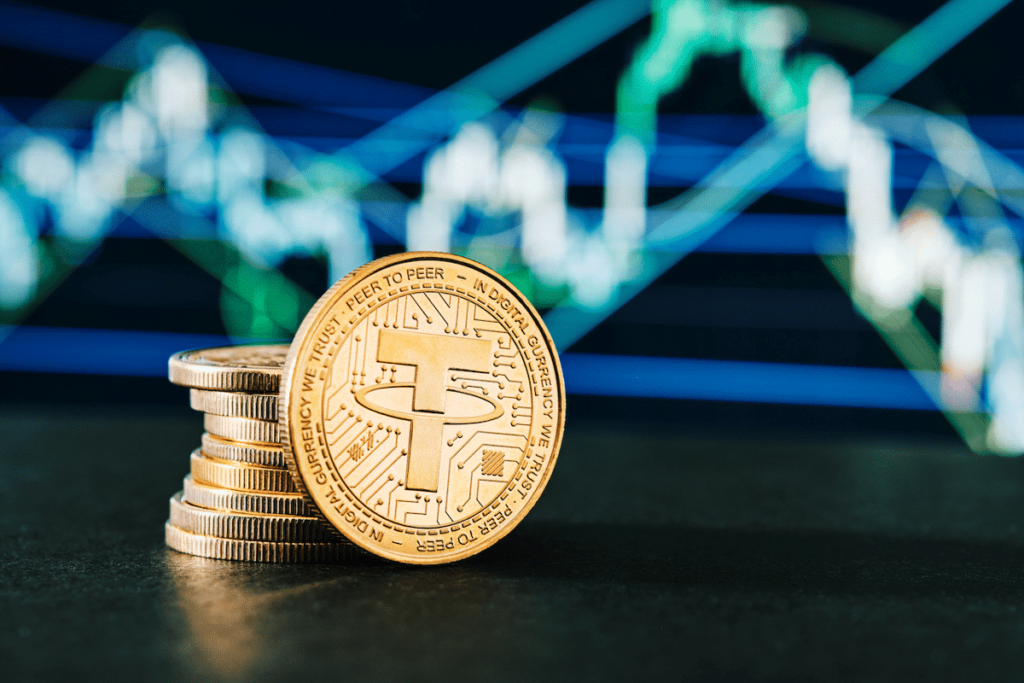Tether has faced intense scrutiny despite being a major player in the crypto industry. The most recent criticism comes from a United Nations (UN) report accusing USDT’s involvement in illicit activities.
The stablecoin issuer expressed disappointment with the UN’s assessment and emphasized that the report unfairly focuses on USDT’s alleged connection to illicit activities while overlooking its positive impact on developing economies in emerging markets.
Tether argued that the global financial sector neglects these communities due to the perceived lack of profitability. The company defended its position by highlighting its collaboration with global law enforcement agencies, including the Department of Justice (DOJ), the Federal Bureau of Investigation (FBI), and the recently onboarded United States Secret Service (USSS).
In the latest blog post, Tether claimed that its monitoring measures surpass traditional banking systems, which have historically been implicated in money laundering cases and faced substantial fines.
Over the past few months, Tether froze more than $300 million to tackle the criminal use of crypto assets.
Tether also asserted that the UN’s assessment overlooks the traceability of Tether tokens and the established track record of collaboration between the company and law enforcement. Instead of concentrating solely on the risks, Tether suggested that the UN should consider discussing how centralized stablecoins could enhance efforts to combat financial crimes.
Tether’s statement comes a day after the UN Office for Drugs and Crime (UNODC) division responsible for Southeast Asia and the Pacific released a report addressing the use of crypto assets in illicit activities and underground banking.
The UNODC report specifically identified the USDT stablecoin as a prominent instrument for money laundering within the region. Notably, the report highlighted the growing prevalence of USDT transactions based on the Tron blockchain.
Calls for Broader UN Discussion
Tether emphasized that there are still numerous opportunities to address financial crimes on blockchain platforms, and it encouraged the UN to engage with the industry to comprehend and implement contemporary strategies in the fight against financial crime.
Additionally, the company expressed willingness to collaborate on such initiatives.
“We believe the UN could benefit from an expanded understanding of blockchain technology and the immense improvements it offers with respect to fighting financial crime. We encourage a proactive learning approach and believe it is vital for a more informed environment, and are happy to support the UN in gaining more understanding.”


